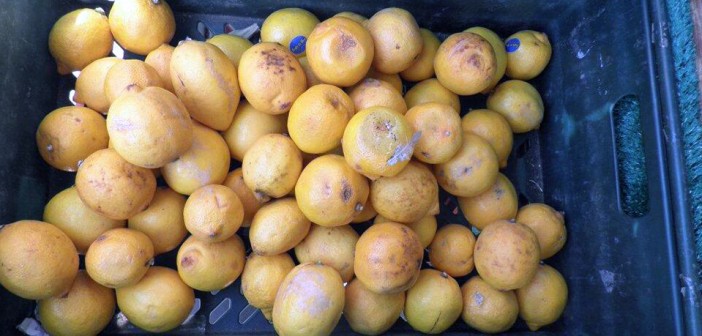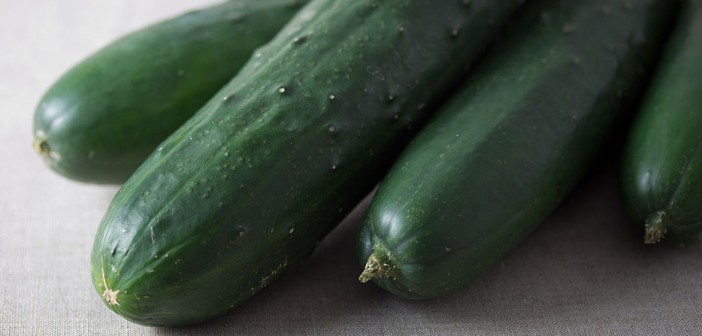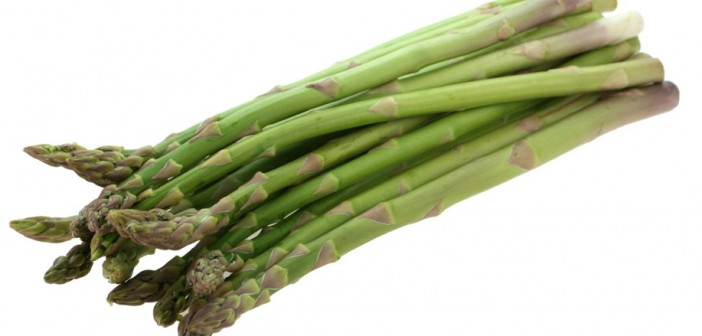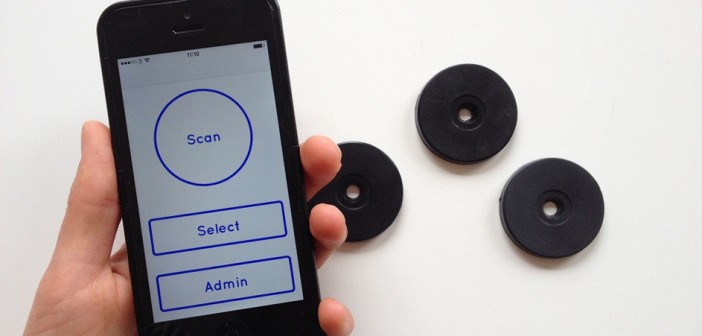Demonstrating how to optimise anaerobic digestion (AD) plant performance, HRS Heat Exchangers will showcase their latest ultra-energy efficient Digestate Concentration System (DCS) on stand 2 at Energy Now 2016.
With a typical 1.5 MW AD plant producing a much as 40,000 tonnes of liquid digestate each year, plant operators face significant economic and logistical challenges associated with storing and transporting the biofertiliser. The DCS typically reduces the volume of liquid digestate by around 60%, helping operators better manage this natural by-product of the AD process.
“The volume and consistency of digestate can quickly become a costly bottleneck in plant efficiency if it isn’t concentrated. Faced with incentive degressions, AD plants must run efficiently with every aspect optimised if they are going to maximise their return on investment,” comments Matt Hale, HRS International Sales Manager.
The DCS concentrates liquid digestate, which has a low dry solid content, and increases the dry matter typically from 4% to 10%. This reduces the overall volume of digestate produced, meaning that up to 60% less storage capacity is needed and fewer lorry loads are required helping curb a plant’s transportation costs and carbon footprint.
The HRS DCS uses a multi-effect concentration process using forced recirculation to process the digestate. The system works by superheating the digestate in a vacuum to facilitate concentration, coupled with HRS’s corrugated tube heat transfer technology which reduces fouling and reduces maintenance periods. By using a two or three effect concentrator, the low temperature steam which is evaporated can be reused, making the process highly energy efficient.
Furthermore, the water removed by the process is recovered and mixed with the plant’s feedstock, increasing the efficiency of the digester and reducing the amount of energy and water used by the AD plant.
HRS Heat Exchangers will be on Stand 2 at Energy Now 2016.
This post first appeared on Farming Online on Wednesday 2 December 2015.






